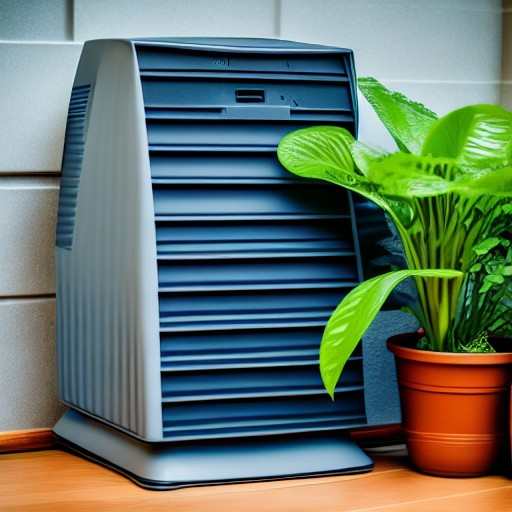Tips for Improving Your Home's Indoor Air Quality
Indoor air quality can affect your health and well-being.
1. Regular Cleaning
Regular cleaning of your home can help remove dust and other particles that can affect indoor air quality. Vacuuming carpets, cleaning surfaces, and washing bedding can all help reduce pollutants in the air.
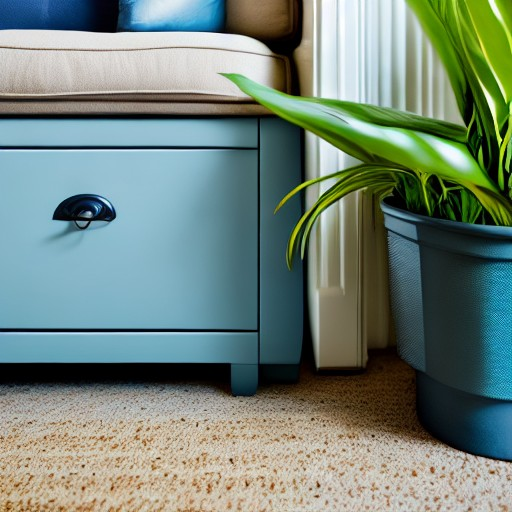
2. Ventilation
Proper ventilation is essential for good indoor air quality. Opening windows and doors to allow fresh air to circulate can help remove stagnant air and reduce the buildup of pollutants.
3. Use Air Purifiers
Air purifiers can help remove pollutants from the air, including dust, pollen, and pet dander. Choose an air purifier with a HEPA filter for the best results.
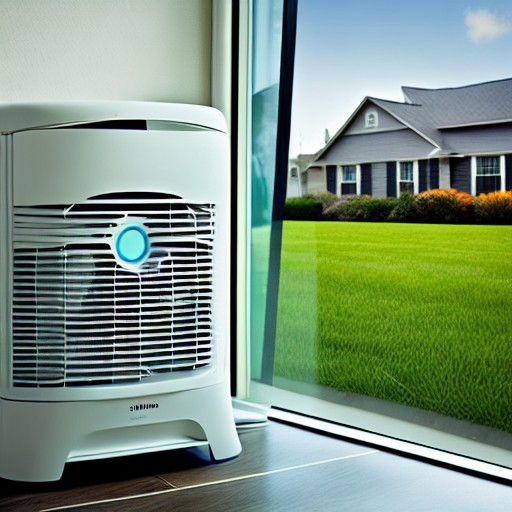
4. Control Humidity
High humidity levels can promote the growth of mold and other harmful organisms. Use a dehumidifier to control humidity levels in your home and prevent the growth of mold.
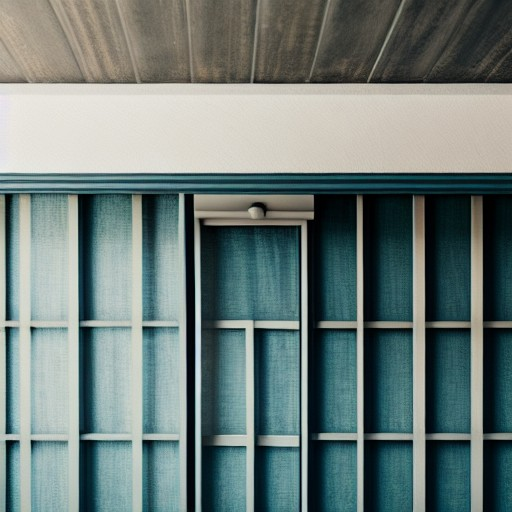
5. Avoid Synthetic Fragrances
Synthetic fragrances can emit harmful chemicals into the air. Avoid using air fresheners, scented candles, and other synthetic fragrances in your home.
6. Use Natural Cleaning Products
Many conventional cleaning products contain harmful chemicals that can affect indoor air quality. Switch to natural cleaning products that are free of harsh chemicals.
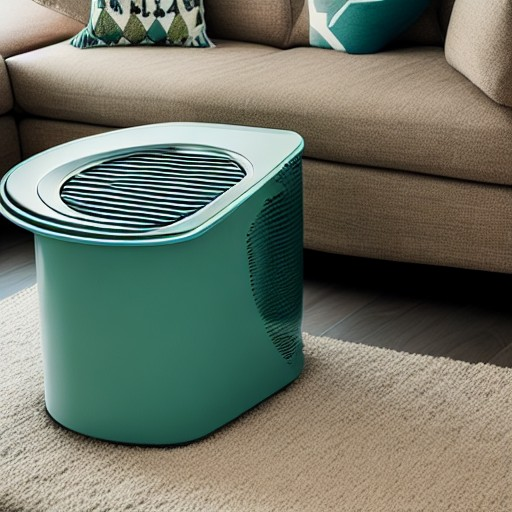
7. Test for Radon
Radon is a naturally occurring gas that can seep into homes and affect indoor air quality. Test your home for radon and take steps to reduce levels if necessary.
8. Maintain HVAC Systems
Regular maintenance of your HVAC systems can help ensure that they are working efficiently and not contributing to poor indoor air quality.
